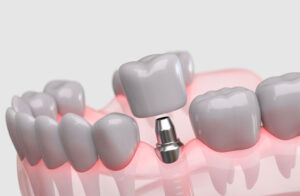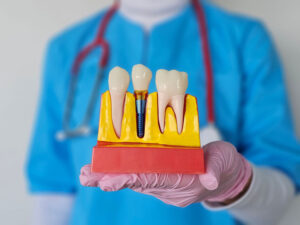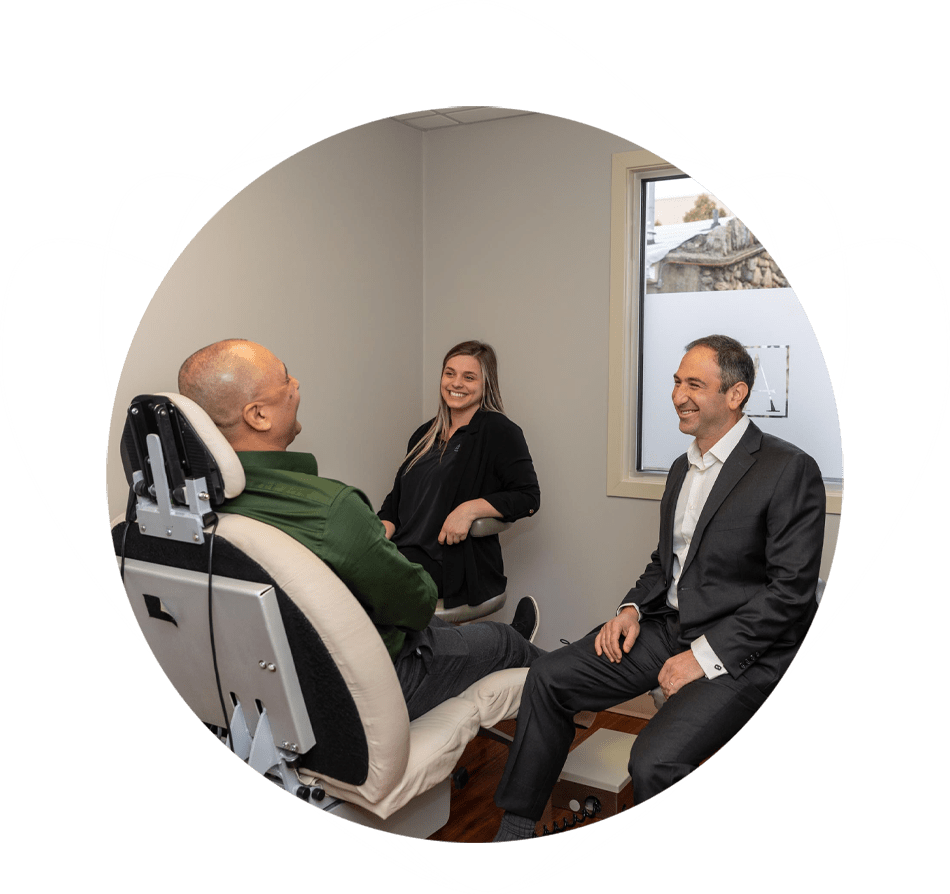If you sent your kid off to school at Cornell or another college, they’ve been there about a month, and hopefully they’re happily settling into their new routine. But if you talk to them on the phone (or they come home to do laundry), they might report a strange discomfort: recurring jaw pain.
This may be due to temporomandibular joint disorder (TMJ), which kids can develop at college for many reasons.
The Right Age
As teens finish their growth cycle, their jaw will reach full size, and with orthodontic work their bite should ideally be in good shape, but it isn’t always. The muscles may also not be adapted to the full size of the jaw or the new configuration of teeth.
As a result, TMJ most commonly develops in a person’s late teens or early 20s. Going off to college might just be accidentally associated with TMJ. They may even have been dealing with it for months or years and only now think to report it.
Sports
Even if your child played sports in high school, college is, dare we say it, a whole new ballgame. Competition can be harder, and in contact sports the hits increase in intensity. Training schedules more rigorous, often because a driven child now finds they want to practice more now that they don’t have anyone watching their curfew and they have more time during the day.
TMJ can be worsened by both contact and noncontact sports. Obviously, a blow to the jaw can lead to disc displacement and jaw problems, but high impact exercise like running can be just as bad. The jaw isn’t supported by other bones, it hangs from ligaments, tendons, and muscles, so every step a long-distance runner takes causes jolts that can lead to pain.
Talking
Most of us pulled more than a few all-nighters in the dorm just hanging around chatting with our friends. Between the long conversations, the big smiles, and the hearty laughs, though, these can be hard on our jaw muscles and joints. Your child may be having a great time, but jaw pain can often develop as a result.
Diet Changes
The freshman 15 doesn’t come from the air at college. College students almost always change their diets dramatically when they leave home, and this may mean a lot more prepared foods, especially fast food. As a result, they might be eating a lot more MSG (monosodium glutamate) than they did at home. This has been linked to jaw pain and headaches in some people. Salt and sugar can also cause inflammation and jaw pain.
But your child could also suffer jaw pain because they went the opposite direction. A raw food diet requires a lot more chewing than a diet of cooked foods, which can tax their jaw. The same goes for a paleo diet, which is probably going to cause them to eat more meat and nuts than they ate at home. And going vegetarian or vegan will also lead to more consumption of tough-to-chew vegetables, especially some hard cruciferous veggies like kale or collards.
Stress
Sending your child off to college is hard on you, we know, but it’s even harder for them. Both good and bad stress in the classroom and in the dorms can combine to push your child’s stress level very high. This can lead to clenching of the jaw, grinding of the teeth, chewing on fingernails or other nonfood objects, and other stress-related behaviors that stress the jaw joints and muscles, leading to jaw pain.
Don’t Ignore Jaw Pain!
Many instances of jaw pain are transient and will go away with only minimal treatment. But if pain persists for more than a week, seems to get worse, or doesn’t respond to over-the-counter pain medication, it needs professional attention.
If you are looking for a TMJ dentist in Westchester County to help remedy your child’s jaw pain, please call (914) 526-2144 to schedule an appointment at Advanced Dentistry of Mohegan Lake!





